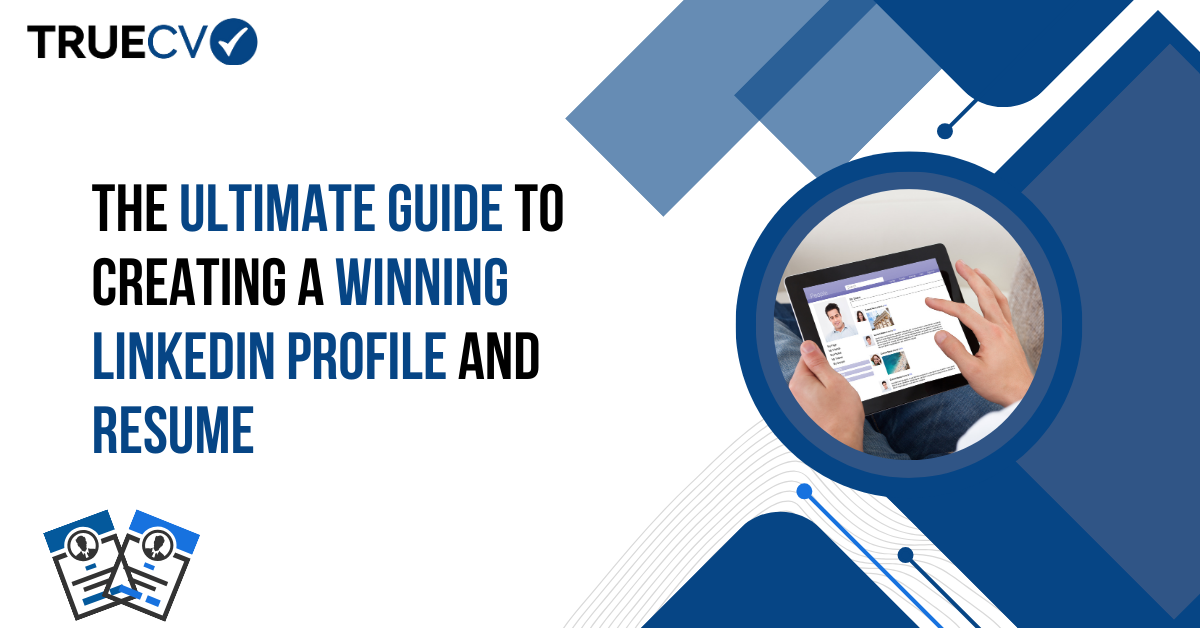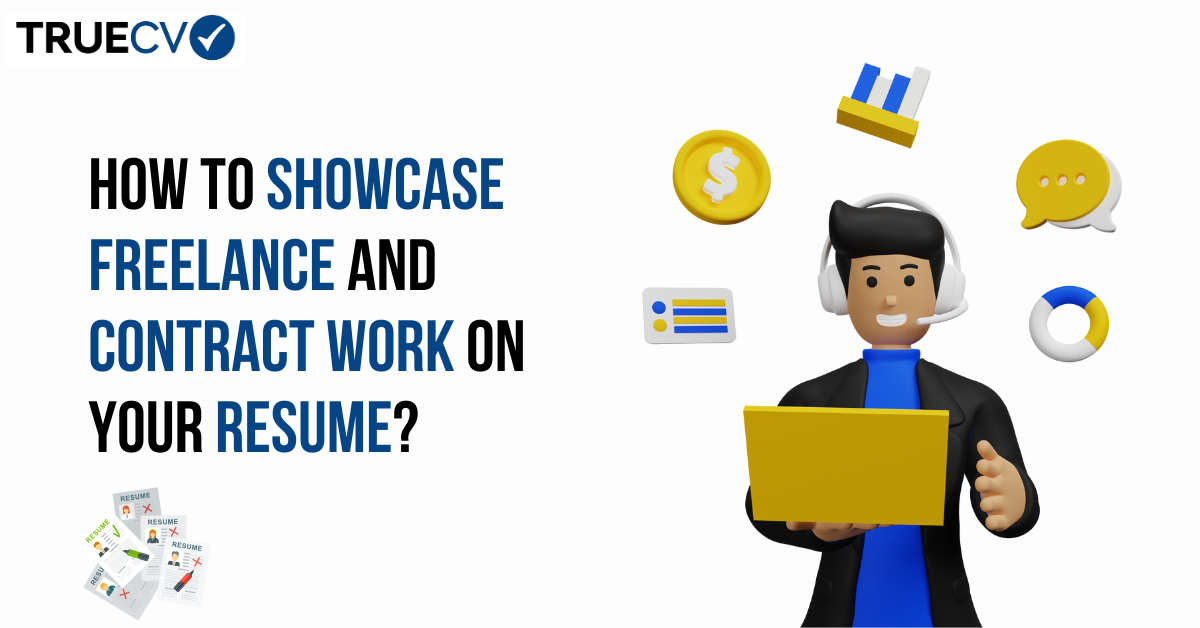
Cracking the Code: Handling Tough Interview Questions
In the competitive landscape of job interviews, navigating tough questions can be the difference between landing your dream job and missing out. Whether it's the dreaded "Tell me about your weaknesses" or the curveball "What would you do if you disagreed with your manager?", these questions often catch candidates off guard. But fear not! With the right approach and preparation, you can turn these challenging moments into opportunities to shine. In this blog, we'll delve into strategies for handling tough interview questions with confidence and finesse.
Understanding the Purpose: Before diving into specific techniques, it's essential to understand why interviewers ask tough questions. These inquiries serve multiple purposes:
- Assessing Problem-Solving Skills: Tough questions assess your ability to think critically and problem-solve under pressure.
- Evaluating Emotional Intelligence: How you handle challenging situations reveals your emotional intelligence and interpersonal skills.
- Testing Cultural Fit: Some questions aim to uncover whether your values align with the company culture.
- Uncovering Authenticity: Interviewers seek genuine responses to understand the real you beyond the rehearsed answers.
Now that we understand the rationale behind tough questions, let's explore strategies for tackling them effectively.
Strategies for Success:
-
Prepare, Prepare, Prepare: Research the company and the role extensively to anticipate the types of questions you might encounter. Utilize resources such as Glassdoor, company websites, and LinkedIn to gain insights into the company culture, values, and recent developments. Tailor your responses to align with the company's mission and objectives. Additionally, leverage mock interviews with friends, family, or career counselors to simulate real interview scenarios and receive feedback on your responses.
-
Use the STAR Method: Break down your responses into distinct components: the Situation, Task, Action, and Result. Begin by setting the context of the situation or challenge you faced, followed by the specific task or objective you needed to accomplish. Then, outline the actions you took to address the challenge, emphasizing your decision-making process, leadership abilities, and collaboration skills. Finally, describe the positive outcomes or results achieved as a result of your actions, quantifying your achievements whenever possible.
-
Highlight Growth Opportunities: When discussing weaknesses or failures, avoid generic responses such as "I'm a perfectionist" and instead provide genuine examples of areas where you've encountered challenges or made mistakes. Reflect on how these experiences have contributed to your personal and professional growth, showcasing your ability to learn from setbacks and adapt your approach accordingly. Emphasize the steps you've taken to address your weaknesses and improve over time, demonstrating a growth mindset and self-awareness.
-
Showcase Problem-Solving Skills: Draw on specific examples from your past experiences to illustrate your problem-solving abilities. Discuss how you identified complex issues, analyzed available information, and developed creative solutions to overcome obstacles. Highlight instances where you successfully resolved conflicts, mitigated risks, or implemented innovative strategies to achieve positive outcomes. By providing concrete examples of your problem-solving prowess, you'll demonstrate your value as a proactive and solution-oriented candidate.
-
Embrace Authenticity: Avoid the temptation to provide generic or scripted responses to tough questions. Instead, speak from the heart and share genuine anecdotes that illustrate your unique experiences and perspectives. Authenticity builds rapport with interviewers and conveys sincerity and honesty. Don't be afraid to show vulnerability or admit when you don't have all the answers; humility and authenticity are valued traits in today's workplace.
-
Navigate Ethical Dilemmas Thoughtfully: When confronted with ethical scenarios, approach them with integrity, empathy, and sound judgment. Consider the ethical principles and values that guide your decision-making process, and articulate your rationale for choosing a particular course of action. Demonstrate your ability to weigh the potential consequences of your decisions and prioritize ethical considerations above personal or organizational interests. Use real-world examples or hypothetical scenarios to illustrate your ethical reasoning skills and commitment to ethical conduct.
-
Stay Calm and Confident: Practice mindfulness techniques such as deep breathing or visualization to manage stress and maintain a calm demeanor during the interview. Remember that interviewers are not trying to trip you up; they simply want to assess your suitability for the role. Approach each question with confidence and poise, speaking clearly and confidently. If you encounter a question that catches you off guard, take a moment to collect your thoughts before responding. Trust in your abilities and convey your enthusiasm for the opportunity to contribute to the organization's success.
Conclusion: Tough interview questions can be intimidating, but they also present opportunities to showcase your skills, experiences, and character. By preparing thoroughly, using structured frameworks like the STAR method, and approaching questions with authenticity and confidence, you can navigate even the toughest interviews with grace. Embrace these challenges as chances to shine, and remember that each question is an opportunity to demonstrate why you're the perfect fit for the role. With the right mindset and approach, you'll crack the code of tough interview questions and emerge victorious in your job search journey.








